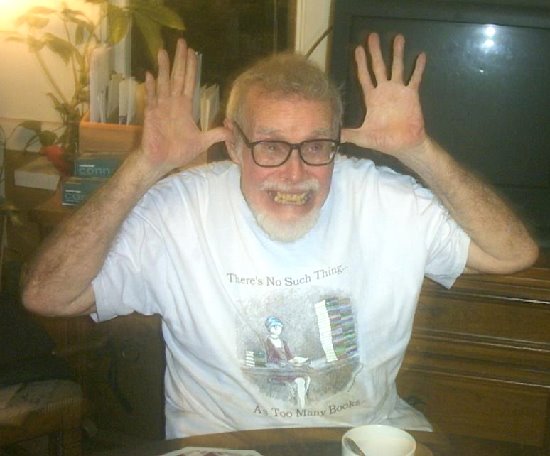
Sometimes the propositions of Tibetan Buddhism really cross sticks with Human Nature, especially in the seventh chapter of this little Pema Chodron book I've got here, "When Things Fall Apart." In the "Hopelessness and Death" section, the charming, round-faced sage with a buzz-cut promotes the benefits of "hopelessness" and disparages the comforts of theism (indulged in by millions). It's an addiction, she says. Well, maybe some folks get hung up on a jolly, kindly, managerial God and can't stop thinking about him (not that addiction is always to kindly, jolly things), but I never did, even as a kid. Somehow, the threat of years-long punishment in Purgatory for childish transgressions outweighed any images of his hippie son Jesus's loving glances and mysterious but compassionate words. I was kind of glad to give up on God when I "came of age," and I had only recently advanced to laughing at the Everything-Happens-for-a-Reason cliche (whether it had to do with God or not). But I draw the line at dropping "the fundamental hope that there is a better 'me' who one day will emerge." I mean, what the heck did I buy this book for, anyway? Isn't an occasionally meditative, more peaceful, less reactive and impulsive "me" a better one? And isn't this book touted as an aid to achieving this? (Even though there's no "self," we're supposed to behave well toward others.) What's going on here is your basic "Zen" paradox: the harder you try to grasp an idea and roll with it, the slipperier it gets, and then the landscape changes, the leaves turn yellow, the clock falls back, and you're rolling uphill.




3 comments:
Gorgeous picture of your fall foliage. Thanks for sharing.
R
If I were you, I'd be very much offended by "r"'s comment about the fall foliage, given that "R" added nothing about the content of the text.
For my part, I will venture to say that abandoning hopes for a better, improved self is, contrary to being against human nature, the mark of a older culture's acceptance of human nature as is, and of each human being as he/she is. As painful as it may be to believe, there is little likelihood of your (or anyone) changing in any fundamental way simply because you put your mind to it.
I think I was pointing out that Pema Chodron's book seems to be appealing to that part of us (is it "American"?) that hankers for a "better, improved self." She says she isn't offering that, but then reiterates that meditation can change certain things about us. Also, I have to admit, that I wanted to appear...um...more like everyone else I know! So I emphasized my wanting to "improve," but actually, I don't have as much of that wanting as I used to. As far as being offended by the foliage comment, I really don't care. Most of what we write disappears. Makes me wonder why I save e-mails; I never look at them ever again, but GOSH, someone SENT them to me! So they must be precious! But...but...why? I did not take that picture, but someone in my town did, and posted it elsewhere with dozens of similar others. The location is actually where I was when I was thinking about these things, so it suited. There have been foliage pictures FAR more gorgeous, and it could be I have taken some of them, back when I lived up north and used slide film. Vermont comes to mind.
Post a Comment